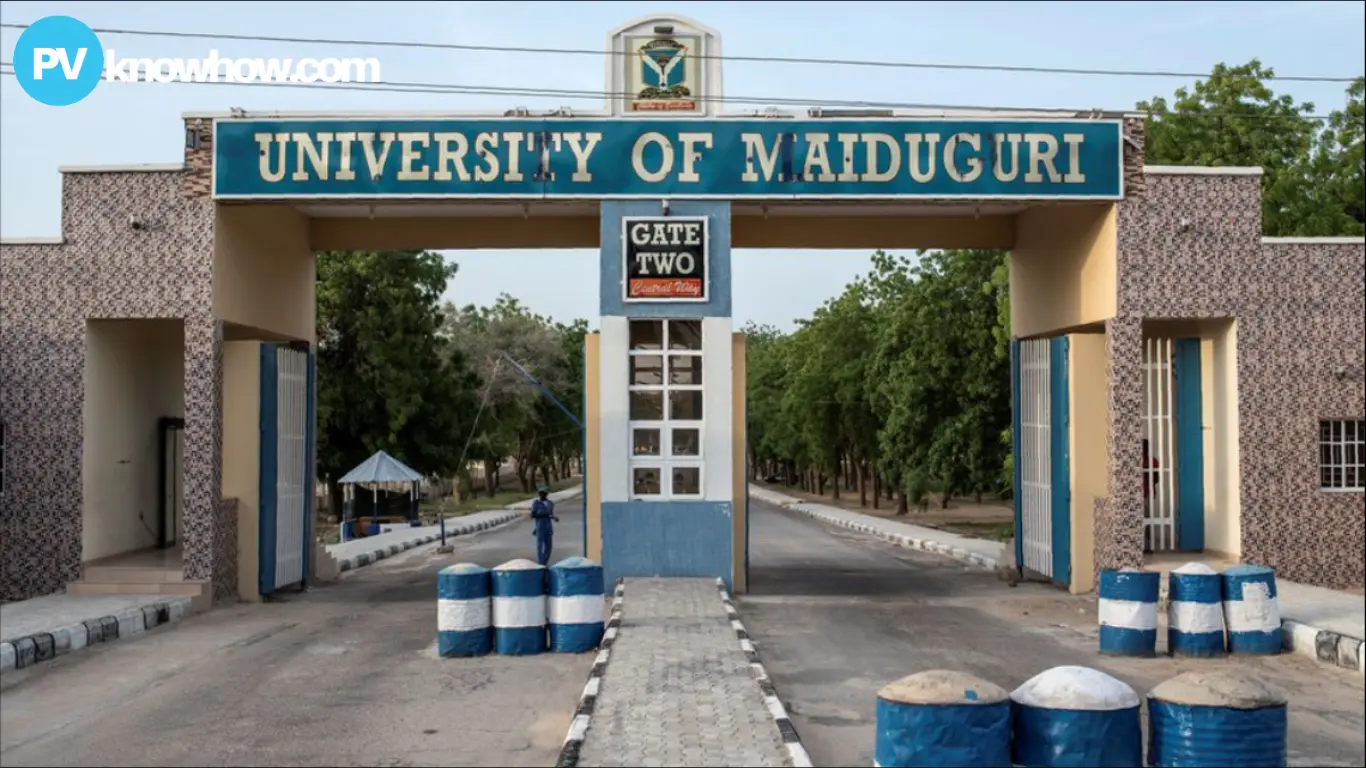The Nigerian government has electrified 15 federal universities and teaching hospitals with hybrid solar grids, aiming to provide continuous electricity to 350,000 students and 50,000 lecturers. This initiative, supported by the World Bank and African Development Bank, is part of the $550 million Nigeria Electrification Project.
Solar Projects to Benefit More Than 350,000 Students
The Federal Government of Nigeria has electrified 15 federal universities and teaching hospitals in Nigeria using hybrid solar grids, providing 35.5 megawatts of capacity. The goal is to offer continuous electricity to 350,000 students and ensure 50,000 lecturers have access to power. The project, named the Nigeria Electrification Project and supported by the World Bank and African Development Bank, costs $550 million.
Abba Aliyu, CEO and Managing Director of the Rural Electrification Agency shared this achievement at the Alliance for Rural Electrification Energy Access Forum in Lagos. He mentioned that among the universities is the University of Maiduguri and its teaching hospital, which received a 12MW solar grid installation.
Other institutions benefiting from the project include the University of Abuja, Federal University Yobe, Federal University of Calabar and its teaching hospital, Nigerian Defence Academy, Federal University of Agriculture Abeokuta, and Michael Okpara University of Agriculture Umudike, among others. The head of the REA affirmed that these projects in academic institutions will be inaugurated by the Minister of Power, Adebayo Adelabu, within the upcoming two months.
Unimaid Gets the Largest Project
The project at the University of Maiduguri is among the largest ever undertaken in the country. It will supply power to the university, its teaching hospital, and the water treatment plant in Borno State. With a capacity of 12MW, it's nearing completion and will be inaugurated by the minister in two months.

University of Maiduguri (Image: Collected)
Emphasising the impact of the project, Aliyu stated that this initiative will benefit 350,000 students and enable over 50,000 lecturers to access electricity around the clock. He noted that more than 150 mini-grids had been implemented nationwide, including 100 containerised mini-grids of 50 kilowatts each serving roughly 100 health facilities.
The Federal University of Technology, Owerri; the Federal University of Technology, Akure; the Federal University of Lafia; the Federal University of Lokoja; the Modibbo Adama University in Yola; the University of Port Harcourt; and the University of Uyo are currently underway with various solar projects.
Aliyu also revealed the agency's plans to introduce a connected mini-grid of approximately 1MW to support 6,000 households in Ondo State.
Approval Gained for 1,200 Mini-grids in Rural Communities
In response to concerns about the geographic distribution of projects carried out by the REA, Aliyu acknowledged the substantial challenge and underscored the necessity of scaling up interventions to thousands of mini-grids to achieve a noticeable impact across the country.
According to The PUNCH, President Bola Tinubu has approved a $750 million World Bank loan for the construction of 1,200 mini-grids in rural communities across Nigeria.
Aliyu confirmed this move by mentioning Tinubu's permission for the distributed access programme as part of a renewable energy scale-up project targeted at increasing energy access in Nigeria's rural regions.
These projects will greatly impact the universities and save them from the incessant power outages they have been experiencing. This project is a manifestation of the plan announced by the Federal Government last September.
10 More Universities to Benefit from Solar Projects.
Nigeria's Minister of Power, Adebayo Adelabu, has announced a government initiative to switch 25 universities, teaching hospitals, and rural areas to solar power, disconnecting them from the national grid. This plan, unveiled during an event in Ibadan, aims to tackle the country's persistent power issues and ensure reliable electricity for critical facilities.
Adelabu emphasized that the move aligns with the government's rural electrification strategy, focusing on renewable energy to spur economic growth. Additionally, he highlighted plans to invest in improving power transmission and distribution infrastructure to minimize energy loss.
The electrification of 15 federal universities and teaching hospitals in Nigeria through hybrid solar grids signifies a crucial advancement in the country's quest for reliable electricity. With international support, these projects promise to benefit hundreds of thousands, alleviating the burden of frequent power outages. Nigeria's commitment to renewable energy underscores its path towards a more sustainable future.
